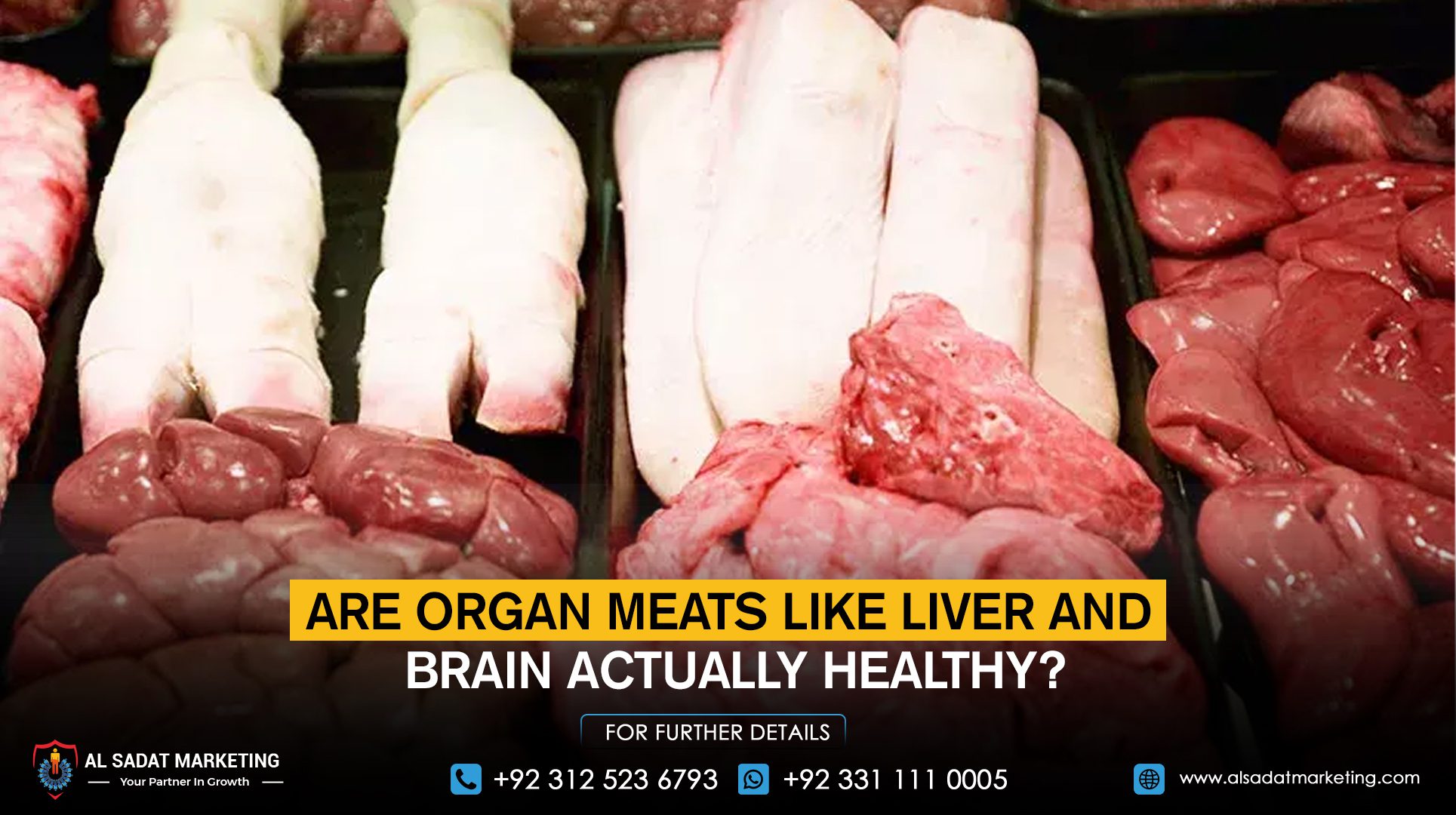With Eid al-Adha recently concluded, many families across Pakistan are still enjoying the variety of dishes made from sacrificial meat, especially organ meats like liver, kidney, heart, and brain. These traditional delicacies, often served right after qurbani, remain a staple in Eid celebrations and continue to spark debate regarding their health effects.
While some avoid organ meats over concerns about fat and cholesterol, health experts point out that these parts can be incredibly nutritious when consumed in moderation. Organ meats are considered nutrient-dense, packed with vital vitamins and minerals such as iron, zinc, magnesium, vitamin A, vitamin D, and the full range of B vitamins. Compared to standard cuts of meat, these organs offer a more concentrated source of essential nutrients.
Liver stands out as one of the most nutritious organ meats. Rich in bioavailable vitamin A, iron, folic acid, and copper, it supports eye health and boosts hemoglobin levels. However, due to its high vitamin A content, it should be eaten in limited quantities to avoid potential toxicity.
Kidneys, another popular item, offer protein and omega-3 fatty acids that promote heart health and reduce inflammation. Brain meat is known for its omega-3 content and brain-boosting nutrients, aiding nervous system function and potentially reducing the risk of neurological conditions.
Heart meat is lean yet rich in folate, selenium, and B vitamins, making it beneficial for blood pressure regulation and cardiovascular health. Tongue, although higher in fat, is calorie-dense and offers vitamin B12, iron, and choline, making it ideal for those with greater nutritional needs.
Despite their health benefits, organ meats also carry risks. Many are high in cholesterol and saturated fats, which can be problematic for individuals with cardiovascular or liver conditions. Nutritionists recommend limiting intake to once a week or less and focusing on balanced meals that include fiber, vegetables, and whole grains.
Health-conscious cooking methods such as grilling or baking, controlling portion sizes, and staying hydrated can further improve digestion and reduce discomfort. As festive meals continue post-Eid, moderation and variety remain key to enjoying organ meats while maintaining overall wellness.










